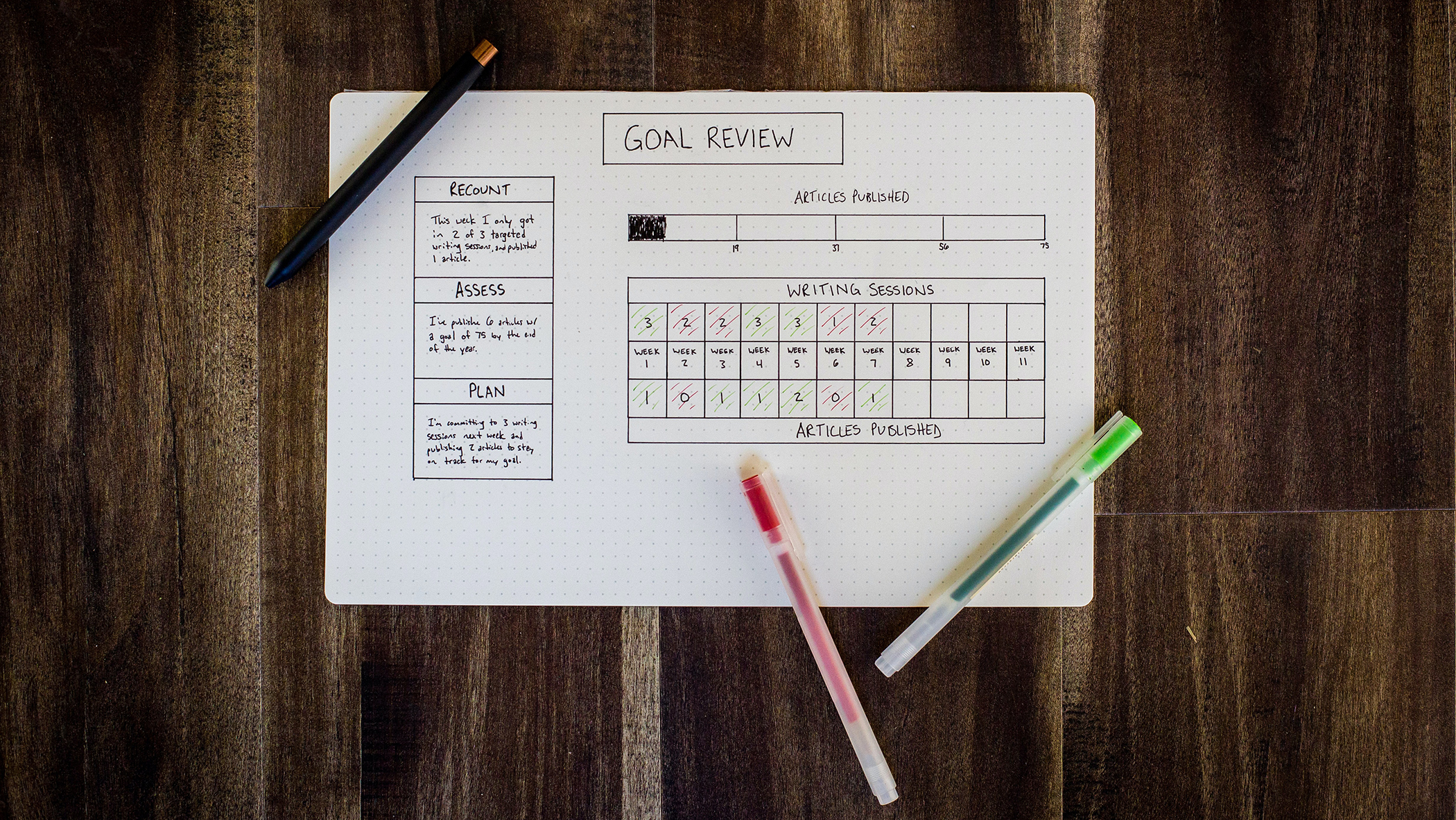“The Leadership Perspective” is a series of articles designed to assist millennials and emerging leaders with navigating difficult situations. Each week, successful business leaders provide targeted, actionable advice to enhance your perspective and improve your leadership skills.
This is the final part of a two-week series on combating procrastination and staying motivated, featuring two hospitality leaders:
Dr. Lalia Rach, Founder and Partner of Rach Enterprises
Marti Winer, Vice President at MGM Resorts Event Productions
Though procrastination and motivation are interrelated, their subtleties warrant separate attention. This week’s article discusses what you can do to stay motivated.
Motivation is a powerful force, but finding it can be adventure. There are times when I feel consumed by a cycle of procrastination to the point that finding motivation can seem almost impossible. On other occasions, I find myself energized and excited to perform. My motivation isn’t always focused on full completion, or “the big picture.” Instead, I focus on setting small goals such as writing one paragraph, finishing one work project, or reading one page.
The Dictionary definition of motivation is a general desire or willingness to do something.The key here is doing something. We tend to believe we are motivated because we have read an inspirational book, watched a championship game, or listened to a motivational speech. However, learning someone else’s success is not the same as building your own. As author James Clear explains, “motivation is often the result of action, not the cause of it. Getting started, even in very small ways, is a form of active inspiration that naturally produces momentum.”
There is reason behind the theory of “Starting with One.” You write one sentence, you shoot one basket, you read one page. Once you take that first step, no matter how small the action, it is easier to continue. Most importantly, Lalia’s To Do List “always includes scheduled time for planning, editing, and input from other professionals.” Scheduling your actions allows them to exist on paper. They become tangible, which is powerful. It becomes part of your daily routine. It morphs into a habit.
Now for the really hard part. You’ve started. So how do you stay motivated? Paramount to achieving long-term productivity is understanding how different types of motivation can influence action.AsMarti says, “I stay motivated by asking myself every day why I am striving to accomplish the things I need to get done.“ In working to understand the source(s) of her motivation, Marti can comprehensively focus on aligning her goals and getting things done.
Extrinsic motivation occurs when you are focused on an external reward, which can be physical or psychological. For example, you might choose to engage in every new business opportunity and put in extra hours so that you can receive the “Top Sales Award” at your company’s annual meeting. You may also opt for psychological rewards such as recognition, praise, or perception. “I owe it to the team that is working hard for our customers,” says Marti. “If they bring their best every day, it is my privilege and obligation to represent their work in everything I do”. While the reward(s) may not always be tangible, her team’s success is a source of extrinsic motivation that fuels her actions.
While external goals can be an effective in motivating behavior, internal goals are equally – if not more – important. Fundamental to staying motivated are the behaviors that emerge from within. Being intrinsically motivated mean that you are engaged and enjoying a particular activity for its own goods. This mindset powerfully influences performance by creating positive emotions and providing a sense of deep personal meaning. “The second is my passion for what I do,” Marti continues. “Every day is an opportunity to make my industry a little better and a little more resilient. The last reason is my on-going desire to learn and grow. Sometimes the hardest tasks are so large that it seems easier to avoid them and move on to easier to accomplish tasks, but the hardest ones are often the most enlightening ones. Asking myself what I can learn from [challenges] and how I will use this skill going forward is helpful”. This hints at our natural inclinations to learn new skills and perform new, challenging, and meaningful tasks.
The “Goldilocks Rule” states that, “humans experience peak motivation when working on tasks that are right on the edge of their current abilities. Not too hard. Not too easy. Just right.” By engaging in activities that challenge you, yet you are capable of succeeding in, is paramount to maintaining long-term motivation. Everyone’s abilities are inherently different. Therefore, it is extremely important to test and establish your own limits. Pushing your boundaries may seem intimidating and can, on occasion, lead to failure. However, breaking your limits is sometimes the only way to learn them. Failure is a powerful motivator and can be used to push your motivation bracket up a level.
In conclusion, by acting with purpose, creating an effective and reasonable plan, and focusing on a pragmatic end goal, you are creating momentum for motivation and paving your own road to personal success. Working in concert with the fuel that produces quality work (intrinsic motivation) and the rewards that increase productivity (extrinsic motivation), practical expectations will point you in the right direction.
If you enjoyed this article and want to learn more about motivation and habits, I highly recommend reading James Clear’s book Atomic Habits.
Maggie Glasser is the founder and owner of Maggie Glasser Enterprises, a boutique consulting business that provides strategic guidance in sales, business development, and client services to hospitality businesses and event agencies. She writes about topics that provide business professionals with actionable advice to improve their skills and advance in their careers.







